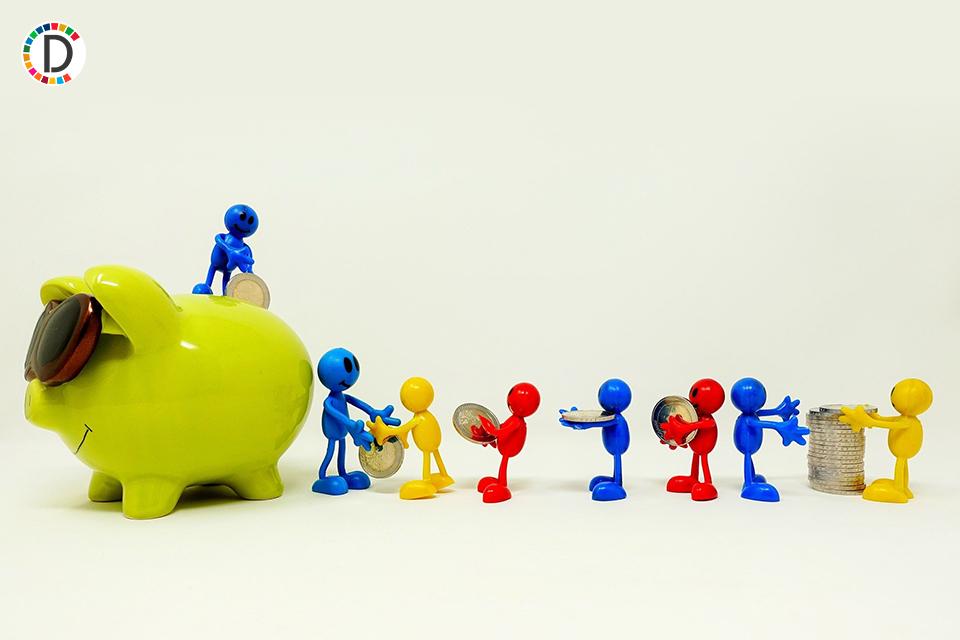China's factory prices rise at fastest pace since August 2008
A separate NBS statement showed that the consumer price index (CPI) in August rose 0.8% from a year earlier, compared with a 1.0% gain in a Reuters poll and below the government target of around 3% this year. China tightened social restrictions to curb the COVID-19 Delta variant including travel limits, which have hampered services sector demand, although Beijing has largely contained the latest coronavirus outbreaks.

China's factory gate inflation hit a 13-year high in August, as commodity prices remained elevated despite Beijing's attempts to cool them. The producer price index (PPI) rose 9.5% from a year earlier in August, the National Bureau of Statistics (NBS) said on Thursday, faster than the 9.0% increase tipped in a Reuters poll and the 9.0% reported in July.
That was the fastest pace since August 2008. China's economy has recovered strongly from last year's coronavirus slump but has been losing steam recently due to domestic COVID-19 outbreaks, high raw material prices, tighter property curbs and a campaign to reduce carbon emissions.
Commodity prices have been on a tear in recent months, hurting the bottom lines of many mid- and downstream factories. China's coal prices soared to a record high on Tuesday over supply concerns as major coal regions started fresh rounds of safety checks. The coal, chemicals, and metals industries drove much of the price increases in August, according to a statement released alongside the data by Dong Lijuan, an NBS official.
Prices in coal mining and washing sector grew 57.1% in August from a year earlier. A separate NBS statement showed that the consumer price index (CPI) in August rose 0.8% from a year earlier, compared with a 1.0% gain in a Reuters poll and below the government target of around 3% this year.
China tightened social restrictions to curb the COVID-19 Delta variant including travel limits, which have hampered services sector demand, although Beijing has largely contained the latest coronavirus outbreaks. Declines in airfares, travel and hotel room prices due to the pandemic slowed consumer inflation on a monthly basis, according to NBS's Dong.
Service-sector activity plunged in August to the lowest level since the pandemic's first wave in April 2020, a recent survey showed, as COVID-19 restrictions threatened to derail the recovery. Analysts expect the People's Bank of China to deliver a further cut to the amount of cash banks must hold as reserves later this year to lift growth, on top of July's cut which released around 1 trillion yuan ($6.47 trillion) in long-term liquidity into the economy.
The core consumer price index, which strips out volatile food and energy prices, stood at 1.2% on year, versus a 1.3% rise in July.
(This story has not been edited by Devdiscourse staff and is auto-generated from a syndicated feed.)
- READ MORE ON:
- China
- Statistics
- Beijing
- Dong
- Delta
ALSO READ
Treasury secretary heads to China to talk trade, anti-money laundering and Chinese ''overproduction''
Treasury secretary heads to China to talk trade, anti-money laundering and Chinese 'overproduction'
Vietnam National Assembly speaker to visit China April 7-12
Taiwan condemns 'shameless' China for accepting world's concern on quake
Congress targets BJP govt over its China policy










